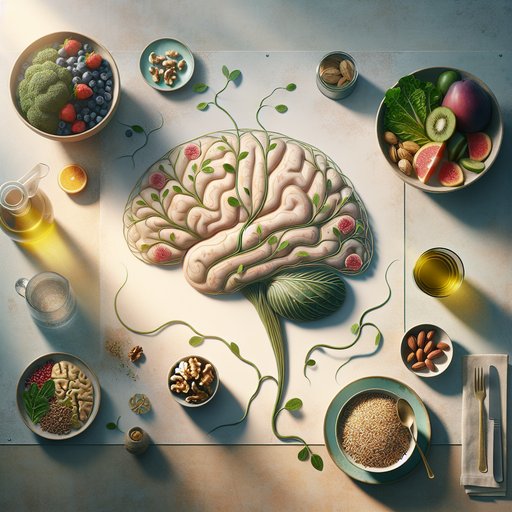
As life expectancy rises, protecting brain function has become a central health goal. Diet is one of the most practical levers we can pull: it shapes vascular health, fuels synapses, and influences inflammation and the microbiome, all of which matter for memory and attention. A growing body of research now moves beyond vague notions of “healthy eating” to examine specific foods and patterns that track with better cognition in older adults. While nutrition is not a treatment for disease, evidence-informed choices—made consistently—can support long-term mental sharpness, complementing sleep, exercise, and social engagement. This article distills the latest findings into actionable strategies you can take to your kitchen and your clinician, helping you build a brain-friendly plate without hype.

Metabolic health influences energy, mood, and long-term risk for chronic conditions, yet it is shaped by everyday choices more than by any single metric on a lab report. Focusing on blood sugar regulation and insulin sensitivity brings clarity to a crowded wellness landscape, pointing to nutrition, movement, sleep, and stress management as levers most people can adjust. The science is increasingly clear that small, consistent actions across these areas build a more resilient metabolism throughout life. This article explains why metabolic health matters now, how lifestyle factors interact with physiology, and what practical habits can help. For personalized guidance, including lab testing, medication decisions, or addressing specific conditions, consult qualified healthcare professionals.

Sleep is not lost time; it is active biology that tunes the brain, coordinates the immune system, and stabilizes the body’s aging machinery. In a world of glowing screens, late-night emails, and round-the-clock shifts, many people sleep less and feel it in their focus, mood, and health. The science of sleep now maps specific phases of the night to distinct benefits, revealing how deep sleep and REM team up to protect memory, resilience, and longevity. That knowledge also brings practical takeaways: light at the right time, consistent rhythms, smart caffeine and alcohol timing, and a simple wind-down routine can all add up. While these strategies support general wellness, everyone’s situation is unique, and a healthcare professional can help tailor sleep habits to individual needs.

Stress is not just a feeling; it is a whole-body state that shapes how we think, sleep, move, and relate to others. When the stress response stays switched on, hormones like cortisol and adrenaline nudge blood pressure upward, disturb digestion, and intensify anxiety and low mood. The good news is that simple, well-studied practices can help downshift the nervous system and blunt the wear and tear known as allostatic load. Meditation, breathing exercises, and targeted lifestyle modifications are among the most researched tools, and they fit into ordinary days without expensive equipment. This article synthesizes what the evidence shows and how people can use these techniques to build resilience, while encouraging readers to consult healthcare professionals for guidance tailored to their health and circumstances.



































































